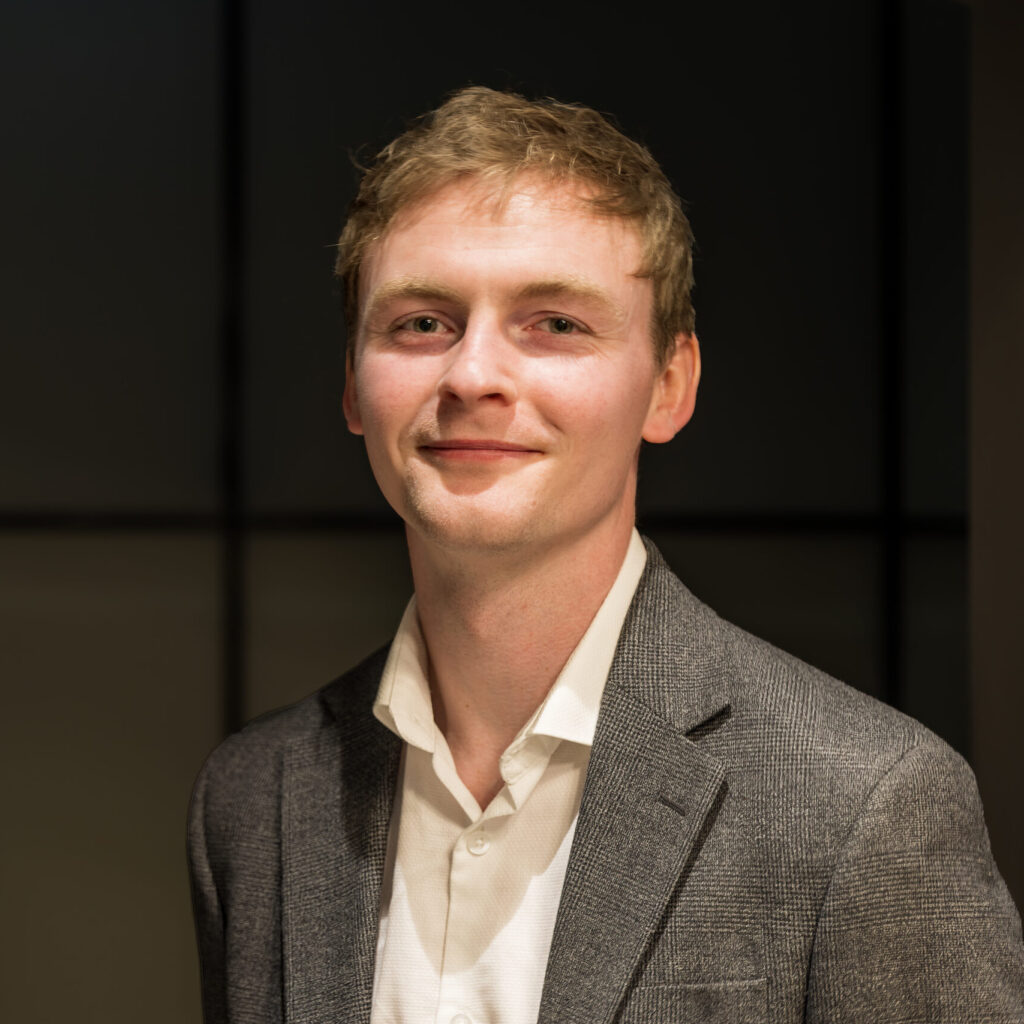1. You’ve just been awarded RICS Chartered Surveyor – what did that entail?
Becoming Chartered with RICS has been a fulfilling journey. It’s not only about completing structured training and passing the final assessment; it’s also about demonstrating growth and professional development. The process requires several years of gaining experience, applying what you’ve learned, and proving your ability to integrate all these elements through the final assessment. The APC is challenging, designed to evaluate more than just technical expertise. You must demonstrate sound judgment, effective communication, and the ability to collaborate well with others.
For me, a key part of this journey has been learning how to work with clients, colleagues, and stakeholders to achieve the best results. I pursued the management consultancy APC pathway, which allowed me to utilise my skills from AMION, such as creating business cases, conducting economic impact assessments, and financial modelling. Equally important has been my ability to communicate complex ideas clearly and build strong relationships.
Earning Chartered status feels like recognition of the growth in both my technical knowledge and my interpersonal skills.
2. What interests you most about property?
What I love about property is how much it can transform, not just land or buildings, but whole communities. A good project can bring in jobs, attract investment and create opportunities for people, and being part of that side of things is really rewarding.
It is also an industry that never stands still. Policies, funding streams and ways of delivering projects are always changing, which keeps the work fresh and keeps me learning. Every project gives me the chance to develop new skills, whether that is picking up different modelling approaches, adapting to planning changes or working with a wider range of stakeholders.
And property is never just about the site itself. It is about the conversations with developers, planners, funders and local communities. Every project brings different views and priorities, and part of my job is helping find the right way forward. That has pushed me to get better at communication and collaboration, which, in my view, are just as important as the technical elements of a job.
3. What advice can you give for those who wish to work in surveying?
My advice would be to see surveying as a career where you’re constantly developing, not just your technical expertise, but also your broader skills. Early on, try to experience as many different areas of the profession as you can, because each one teaches you something new. Valuation builds your technical and analytical skills, planning exposes you to policy, and development makes you think commercially. All that experience adds up and helps you decide where you want to specialise.
Alongside the technical side, I’d say don’t underestimate the importance of interpersonal skills. Surveying is about people as much as projects, whether you’re negotiating, presenting, or just explaining something complex clearly. For me, developing those softer skills has been just as valuable as learning financial modelling or GIS. Finally, if you want a goal to aim for, becoming chartered through RICS is a great framework for pulling everything together.
4. What are your pastimes outside of work?
Sport is a big part of my life. I still play rugby and coach juniors, which I really enjoy. Coaching gives me the chance to pass on what I have learned and stay involved in the game beyond just playing. I also play golf and have got to a decent standard over the years. I like the focus it demands, and I enjoy the challenge of constantly trying to improve.
I can’t forget Middlesbrough FC. Following Boro has always been a big part of my life – hopefully the good times are coming back to the Riverside!
Away from sport, I spend a lot of time with my two whippets. I also enjoy cooking and entertaining. I like trying new recipes, especially when there are friends or family to cook for.

